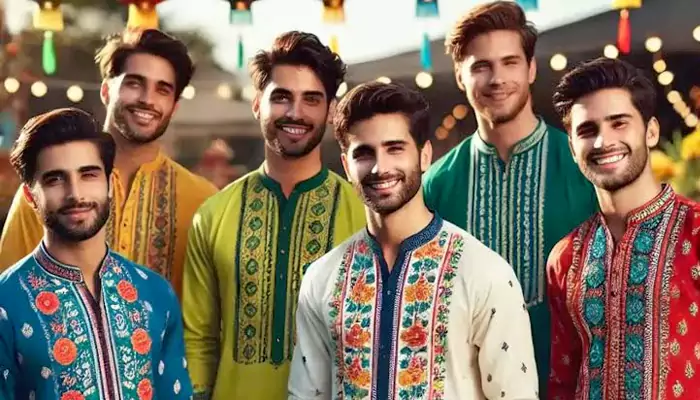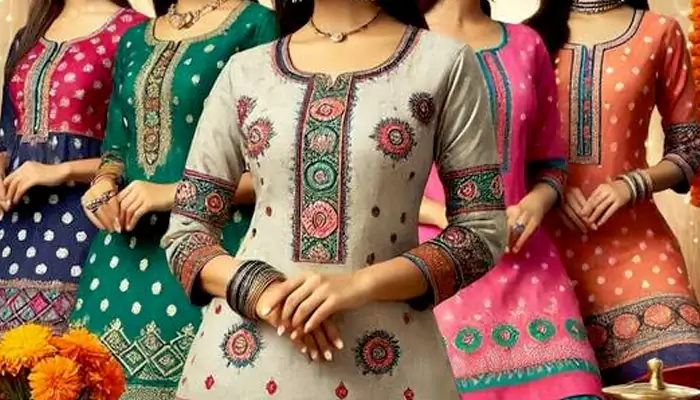The Secret To Traditional Ethnic Brands Expanding Abroad: All You Need To Know
- Rinks
- 1 year ago
- 3 minutes read

Discover how traditional ethnic brands are captivating global markets by blending cultural authenticity with strategic storytelling.
In today’s globalised world, traditional ethnic brands are finding new opportunities and markets far beyond their native countries. Whether it's Indian textiles, Japanese tea, or African beadwork, these brands are captivating international audiences with their rich cultural heritage and unique craftsmanship. However, expanding abroad comes with its own set of challenges and requires a well-thought-out strategy. Let’s delve into the secrets behind the successful international expansion of traditional ethnic brands. Read on!
Embracing authenticity
One of the key factors in the success of traditional ethnic brands on the global stage is their ability to maintain authenticity. Consumers around the world are increasingly looking for genuine products that reflect the cultural heritage and craftsmanship of their place of origin. Brands which showcase traditional Indian bridal wear have successfully expanded internationally by staying true to their roots. They highlight their unique cultural narratives and ensure that their products embody the traditions and stories of their origins. This authenticity appeals to global consumers who value the richness and uniqueness of traditional products.
Leveraging heritage with modern appeal
While authenticity is crucial, combining it with a modern touch can significantly enhance a brand's appeal in international markets. Successful traditional ethnic brands often innovate and adapt their offerings to cater to contemporary tastes while retaining their cultural essence.
Strategic collaborations and partnerships
Forming strategic collaborations and partnerships can be a powerful way for traditional ethnic brands to enter and thrive in new markets. By partnering with local brands or influencers, ethnic brands can gain better insights into the preferences and expectations of the target market and leverage existing networks to build their presence.
Cultural sensitivity and localization
Understanding and respecting the cultural nuances of the target market is essential for the success of traditional ethnic brands abroad. This means more than just translating product descriptions; it involves adapting marketing strategies, product offerings, and even packaging to suit local tastes and preferences.

Building a strong online presence
In today’s digital age, having a hearty online presence is vital for any brand looking to expand internationally. Traditional ethnic brands are no exception. By leveraging e-commerce platforms and social media, these brands can reach a global audience more effectively and showcase their unique products to consumers around the world.
Sustainable and ethical practices
Consumers worldwide are increasingly valuing sustainability and ethical practices in the brands they support. Traditional ethnic brands that emphasise their commitment to sustainable sourcing, fair trade practices, and environmentally friendly production can resonate strongly with global consumers.
Telling compelling stories
Every traditional ethnic brand has a unique story rooted in its cultural heritage. Effectively communicating this story to an international audience can create a strong emotional connection and differentiate the brand in the competitive global market.
The successful expansion of traditional ethnic brands into international markets involves a delicate balance of authenticity, innovation, cultural sensitivity, and effective storytelling. By staying true to their roots while adapting to the preferences of global consumers, these brands can offer unique and culturally rich products that stand out in the global marketplace. As the world becomes more interconnected, the allure of traditional ethnic brands is set to grow, offering both a taste of cultural heritage and a touch of modern appeal.











